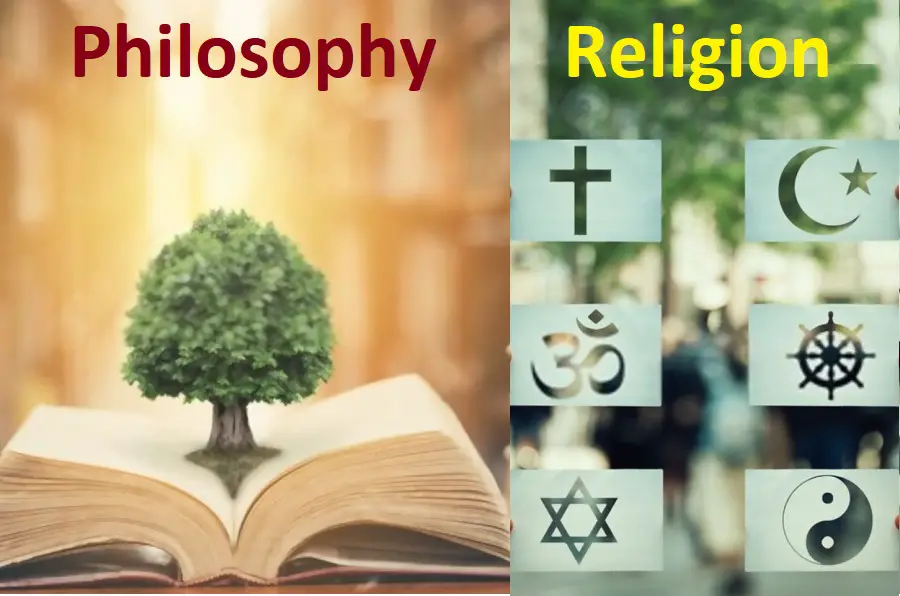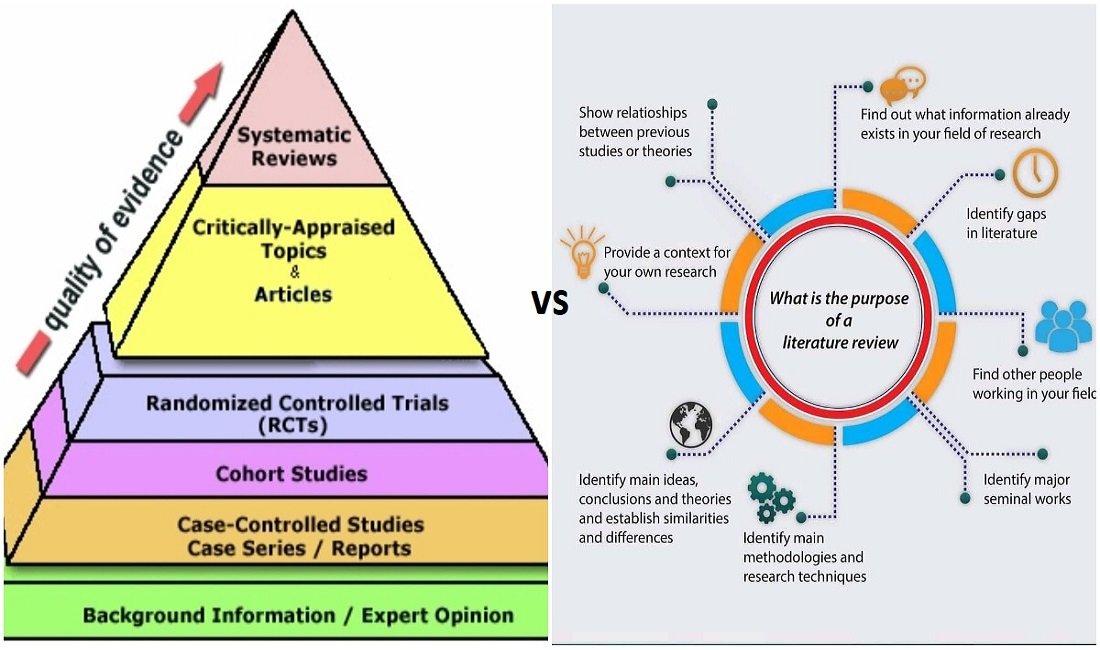Philosophy Vs. Religion: 5 Major Differences
Every so often, we encounter concepts like religion and philosophy in terms of spiritual manifestations. Such enduring spiritual expressions generally only interact with each other in historic and precise contexts.
However, they are sometimes used interchangeably despite having quite different connotations. That’s why today we’ll touch upon the difference between philosophy and religion.
Philosophy vs Religion: An Overview
Philosophy is a collection of ideas, norms, or beliefs that are used to define conduct and cognition. It is a highly essential and exhaustive cognitive process created by humans.
Some of the non-exhaustive yet significant disciplines of philosophy include Ethics, Logic, Metaphysics, and Epistemology. Many consider religion to be a component of the metaphysical path of study, which is a discipline of philosophy as a whole. There are, nevertheless, numerous distinctions between both ideologies.
Now, there are certain occasions where religion and philosophy collide. Buddhism, for example, is an example of philosophy since it results in mental equilibrium or serenity. But Buddhism is a religion in and of itself.
However, this is not a regular occurrence. Religions are not always philosophical examples. Even though religion differs from spirituality, religions do have spiritual beliefs that may or may not accord with many philosophical concerns.
Religion is a specific system of belief and devotion. It is also exhaustive but not exactly fundamental.
That is enough to gain a basic understanding of philosophy vs religion. More about it will be revealed later in the article.
What Is Philosophy?

Philosophy is the study or development of universal and basic concerns, including reality, existence, logic, knowledge, ideas, spirit, and language, which are frequently framed as problems to be researched and resolved.
The terminology originated from the Latin word “philosophia”, which implies that the pursuit of knowledge, rationality and logical reasoning are the foundations of every philosophical system.
Throughout the ages, philosophy has diversified into a number of significant disciplines, such as Existentialism, Utilitarianism, Nihilism, and many more. That is due to the significant contributions of philosophers such as Socrates, Aristotle, Plato, and more.
Philosophy, in general, aids in the improvement of problem-solving abilities such as communication, persuasiveness, and comprehension skills.
What Is Religion?

Religion is, in essence, a person’s belief in one or more gods and the actions connected with that belief. Praying in a holy edifice, such as a church, temple, or mosque, or sacrificing on a holy day or month are some common examples of such activities.
It is a socio-cultural paradigm of certain behaviors and rituals, values, views, books, holy places, prophesies, or entities that connect mankind to otherworldly, sublime, and spiritual forces. Nevertheless, there is no scientific agreement on what exactly characterizes a religion.
Religious ideas define the essence of the spiritual world and life on earth. In difficult circumstances, humans frequently resort to religious teachings for bravery and fortitude.
Religions may be divided into two types: monotheistic faiths and polytheistic religions. Monotheistic religions, such as Islam, advocate the belief in a single god. Polytheistic faiths, such as Hinduism, promote the belief in several gods or goddesses.
In very many civilizations, religious beliefs are key mechanisms of informal social influence. Not only do they serve in societal cohesion, but they also have an impact on the predominant ethical norms in communities. Moral standards are frequently influenced by prevalent religious ideas and concepts.
Main Differences Between Philosophy and Religion

1. The principal distinction between the two is that philosophy embodies logical reasoning constructed about the origin of life and the spiritual world through productive critical appraisals. And, religion refers to a specific set of undeniable beliefs about the divine that its disciples diligently abide by.
2. Another significant difference between philosophy and religion can be made in light of the elements that comprise the two ideas. While philosophy is equally critical and exhaustive, the latter is only exhaustive in nature.
3. There is also a noticeable variation in ceremonial performances. While rituals are important in most religious institutions, they are practically non-existent in the academic field of philosophy.
4. Skepticism is fundamental in the context of philosophical thought since it arises from the investigation of many concepts, but it does not exist in religious views since religious organizations require faith.
5. Finally, philosophy relies on logical reasoning to reach conclusions. Religion, on the other hand, is akin to blind faith.
Recommended for You:
Philosophy vs Religion: The Comparative Table
|
Parameters of Comparison |
Philosophy |
Religion |
|
Definition |
It is an idea or viewpoint that serves as a guideline for behavior. |
It is the faith and devotion of a higher-than-human governing force, most commonly a deity or gods. |
| Examples | Existentialism, Utilitarianism |
Christianity, Islam, Hinduism |
|
Objective |
It motivates people to look for absolute principles by making logical inferences. |
It gives its disciples predetermined solutions to the fundamental questions of life and existence. |
|
Factors |
It is the most essential and exhaustive cognitive process that humans have created. |
It is exhaustive but not always essential. |
|
Rituals |
It does not regard rituals to be a key element. |
It regards rituals as an essential component of religious beliefs. |
|
Skepticism |
Skepticism is inherent in the framework of philosophical thought since it stems from the probing of different notions. |
Skepticism is not present in religious beliefs since faith is a requirement of religious organizations. |
|
Epistemological Positions |
It usually employs a set of logical principles to reach conclusions. |
It generally relies heavily on different sources of understanding to reach judgments, such as faith. |
Conclusion
To conclude our philosophy vs religion guide, philosophy and religion are concepts that are similar in certain respects but are not interchangeable. While philosophy is based on reasoning and rationalism, religion is based on blind faith.
Even though both ideas overlap in some situations, they are not the same thing.







